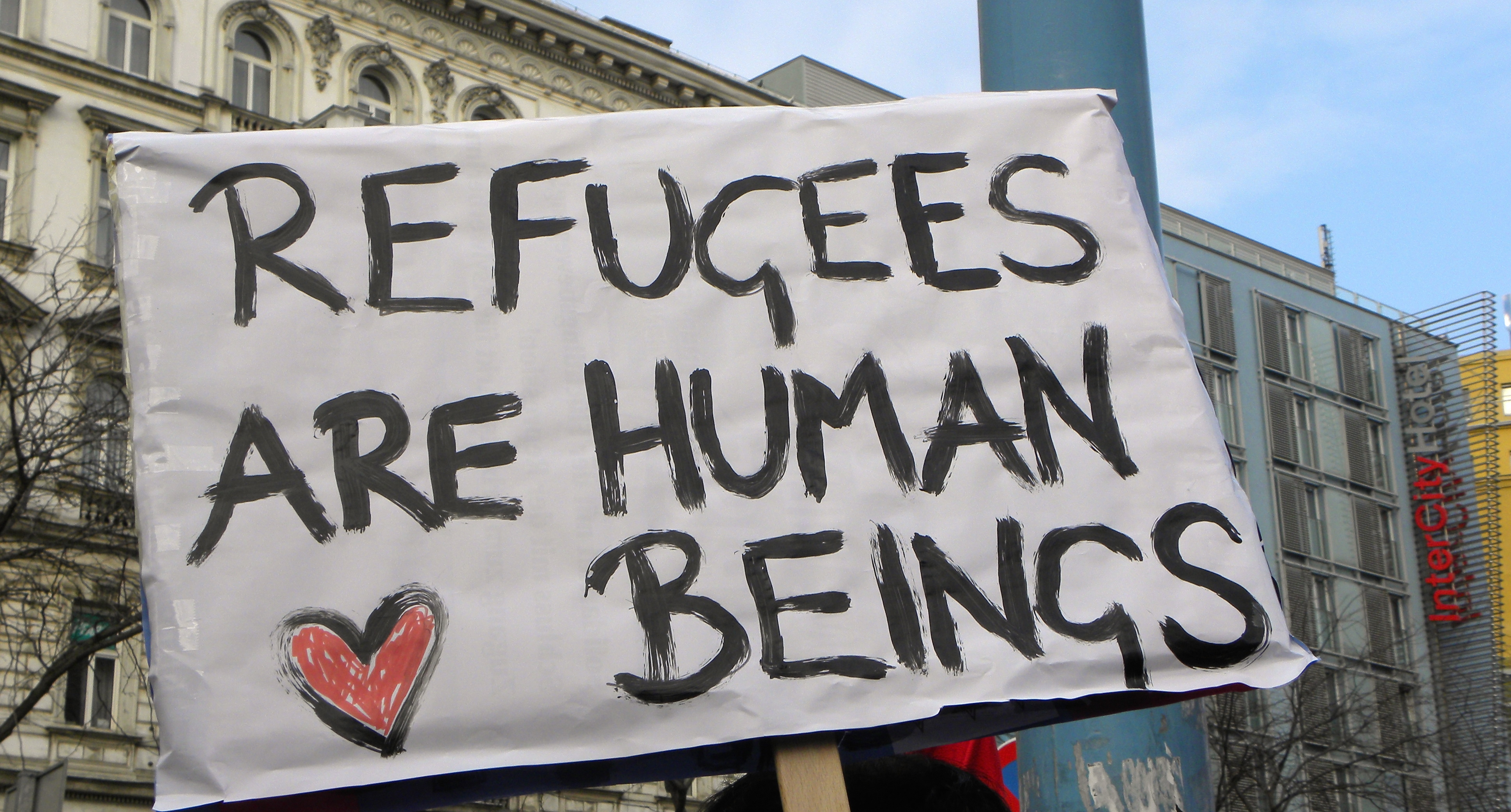In the wake of the Paris terror attacks, many European politicians have begun to re- think their policies on allow- ing more Syrian refugees into Europe. Just two months ago the European Union set forth a program that planned to reset- tle 160,000 refugees throughout Europe. Certain politicians are changing their minds now with fear that looser border controls could lead to more terrorists entering Europe unchecked. Many of them would like to see the Schengen Area, which keeps open borders between 26 European states, suspended.
These leaders are partly re- acting to the fact that a Syrian passport was found near the body of one of the attackers at the Stade de France. Allegedly this attacker entered Greece alongside refugees on October 3 and eventually made his way to France. Several European leaders worry that by allowing refugees into their countries, they risk letting terrorists dis- guised as refugees in as well.
Some measures have already been taken with border security being tightened in France, Bel- gium and Italy, partly to help police track down the attackers. French President François Hol- lande has imposed temporary border controls, but French far- right leader Marine Le Pen has argued that this is insufficient. She believes that the Schengen Area should be abolished and France should better protect its borders. “Without borders, nei- ther protection nor security are possible,” Le Pen said.
Leaders in Czech Republic, Poland, Latvia and Slovakia agree with Le Pen’s stance, con- necting the refugee crisis to the events in Paris. They would like the Schengen borders to be closed and refugee movements
limited. Poland originally agreed to accept 7,000 refugees as part of the EU resettlement program, but the newly elected conservative government may not do so. The incoming minis- ter of European affairs, Konrad Szymanski, stated that the new government would not uphold this plan, which was passed by the preceding government. Szymanski acknowledged that the EU resettlement program is still legally binding, but ar- gued that “faced with the tragic events in Paris, we don’t see political possibilities for its en- forcement.”
German Chancellor Angela Merkel, however, plans to keep Germany’s open-arms policy for refugees. She is facing in- creasing scrutiny and criticism for her stance on refugees en- tering Europe and Germany in the wake of the Paris attacks. “We owe that not only to the victims but also to security in our countries and to the refu- gees, a large number of whom are fleeing terrorism,” Merkel said.
European Commission Presi- dent Jean-Claude Juncker stands with Merkel and does not want countries to associate refugees with terrorists. However, last Sunday during the G-20 sum- mit in Turkey Juncker did say that refugees would have to go through strict border controls before entering Europe, a rule that has not been in place in Europe for 20 years.
Since the onset of the Syrian Civil War in 2011, more than 4 million refugees have fled Syria seeking asylum in neighboring countries as well as throughout Europe. More than 744,000 ref- ugees have crossed into Europe this year. In the month of Oc- tober alone, more than 218,000 migrants fled to Europe, ac- cording to the U.N. refugee agency.
Refugees escaping the Syrian Civil War have been on danger-
ous journeys to seek asylum in Europe. Jacqui Ebeling ’17 is currently studying abroad in Prague, Czech Republic and re- called a trip she took to Munich, Germany, in October, where “the refugee crisis was apparent on every street corner.” She saw a woman who never left one spot outside of the metro for three days, crying and singing while holding up a picture of a bloody, unconscious child with an empty cup beside her, or men who had lost the majority of their limbs dragging them- selves down the sidewalks in the city center begging for help to afford doctor visits.
“The crisis is real. Men, women, and children are suf- fering, looking towards Europe and America as their last hope,” Ebeling stated.
Europe is not the only region rethinking its Syrian refugee policies. At least 32 U.S. gov- ernors have made executive orders that they will not allow Syrian refugees into their states. Many of the governors are Re- publican, however one Demo- crat has also rejected refugees. This has sparked a debate over whether state governors even have the authority to refuse refugees. “There may be those who will try to take advantage of the generosity of our country and the ability to move freely within our borders through this federal resettlement program, and we must ensure we are do- ing all we can to safeguard the security of Americans,” Gov- ernor Scott Walker of Wiscon- sin stated. However, President Obama is still moving forward with plans to accept about 10,000 Syrian refugees. “The people who are fleeing Syria are the most harmed by terrorism, they are the most vulnerable as a consequence of civil war and strife. They are parents, they are children, they are orphans,” Obama stated during the recent G-20 Summit in Turkey.



